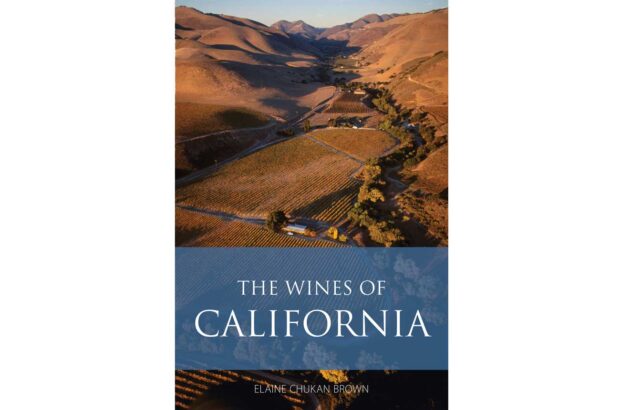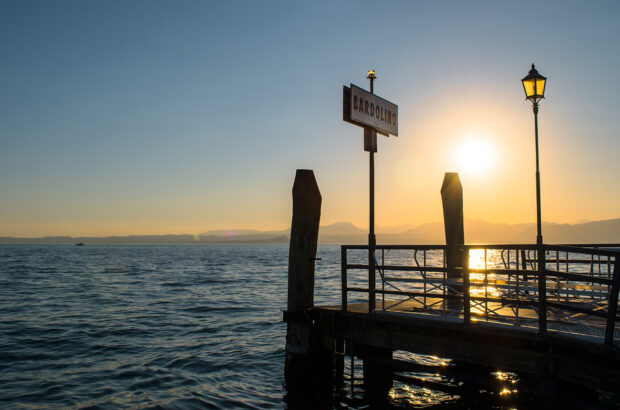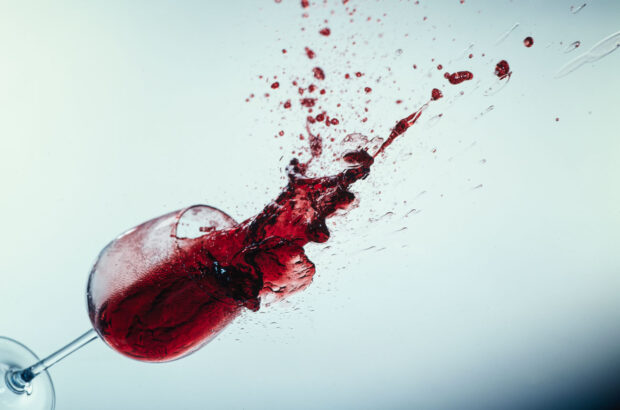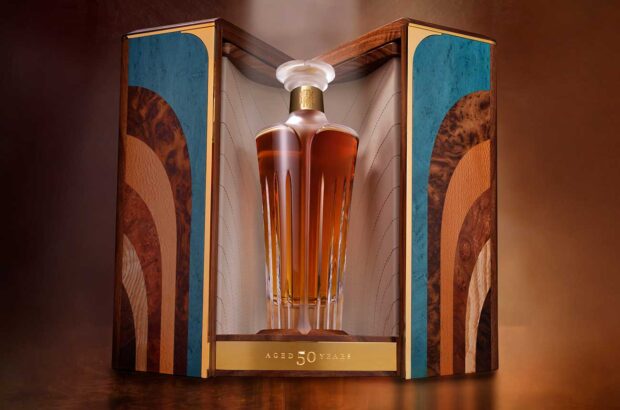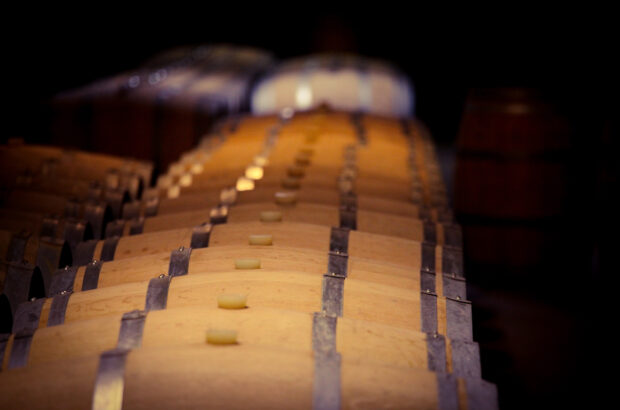UK Chancellor Phillip Hammond has announced duty tax rises on wine in-line with inflation, but said that duty on beer, spirits and cider would be frozen.
Wine duty tax was set to increase in-line with inflation at 6pm on 29 October, Hammond said in his UK Budget 2018 speech to Parliament earlier the same day.
There was double disappointment for the wine trade as Hammond chose to freeze duty on beer, spirits and cider.
The Wine & Spirit Trade Association (WSTA) called the move ‘grossly unfair’. It said the Budget statement effectively meant a 3.1% rise in wine duty and would cost the industry an extra £90 million.
WSTA chief executive Miles Beale said that the move ‘actively undermines a sector that has been hardest hit since the Brexit Referendum’ and would ‘clobber wine importing businesses’.
If the full increase is passed on to consumers, it may mean an extra seven pence added to the price of a bottle of still wine, and nine pence on a bottle of sparkling wine, WSTA said.
A weaker sterling currency since the time of the Brexit vote has already put pressure on the wine industry in the last two years.
However, several merchants with international sales arms have also reported increased demand from those in the US and Hong Kong seeking to take advantage of better deals for dollar buyers.
Context
Since 2010, wine duty has increased by 28%, adding 48 pence in duty to a bottle of still wine, according to WSTA figures. Wine duty has been frozen twice in the last 15 years, it said.
In recent years, several merchants have sought the emphasise that spending slightly more on a bottle, even at lower price levels, can pay dividends.
This is because duty tax is a flat rate on still wines between 5.5% abv and 15%abv, whether it is Lafite Rothschild 2016 or a sub-£10 wine from Lidl. VAT – or sales tax – at 20% would naturally be significantly higher on more expensive wines.
Alcohol duties were expected to deliver £11.6 billion to the UK Treasury in the 2018-19 tax year, according to a March 2018 forecast by the Office for Budget Responsibility, a non-departmental advisory body set up by the government to offer independent analysis on the economy. That would represent 0.5% of projected national income.



